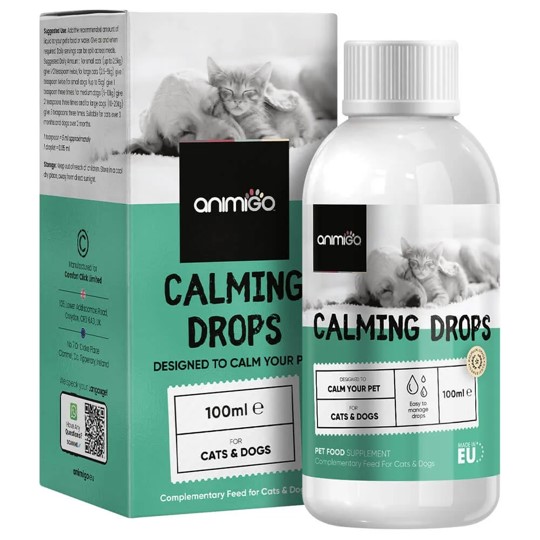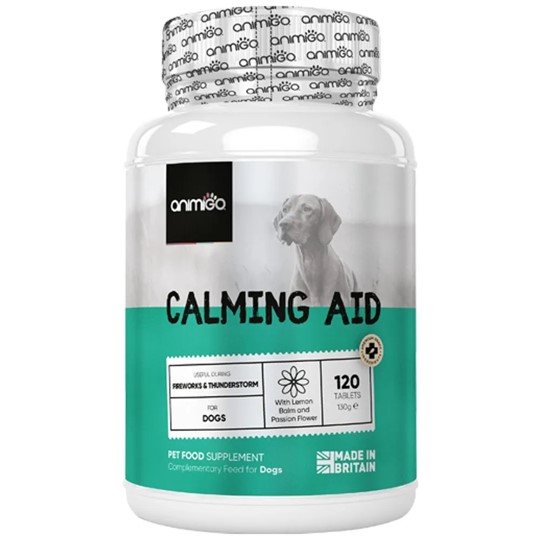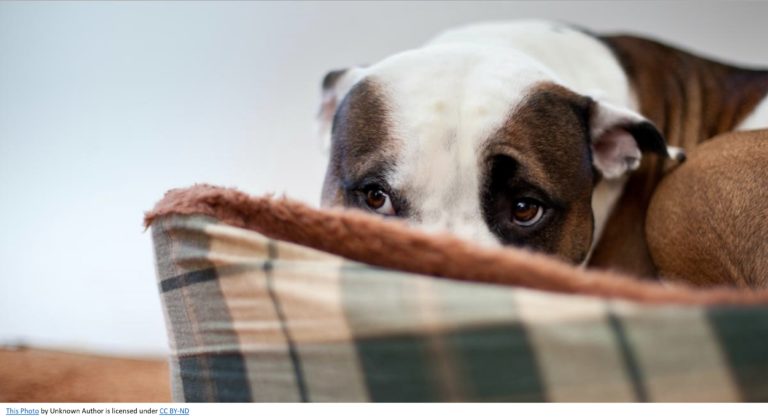Anxiety in Dogs
Anxiety in Dogs
What is dog anxiety?
Anxiety in dogs is actually quite common. Just like with people, dogs can also feel stressed. Although, not necessarily for the same reasons we do.
After all, pets don’t have to worry about paying bills, do they! However, there are usually logical reasons for their anxiety.
Dog anxiety usually involves a fear of a certain place, person or object or being separated from their beloved pet parent. In most cases, it can result in unusual dog behaviour, such as excessive barking, urinating inside and shaking, which is why it is always best to deal with it as soon as you think your dog may be feeling anxious.
What causes anxiety in dogs?
Many factors can cause stress in dogs. And, like people, every dog is different. They’ll react to various stresses in different ways. You can split the most common causes into three categories:
Fear
Anxieties relating to fear can vary with each dog. They can include loud noises such as storms or construction, meeting new people or dogs, being in a new environment, new items such as umbrellas or hats and going to places they don’t like such as the vets. In some cases, they’re avoidable. In others, not so much. Unfortunately, that means at some point your dog is likely to experience fear-based anxiety.
Separation
Separation anxiety affects around 14% of dogs. It’s a massive cause of anxiety in our furry friends. It occurs when your dog feels anxious or uncomfortable being left alone for any length of time. In the majority of cases, this is when their pet parent leaves them alone in the house. But in severe cases, it can even be when they leave the room or just their sight.
Age
Anxiety in older dogs is usually related to their cognitive function. Cognitive Dysfunction Syndrome (CDS) in dogs is similar to the early stages of Alzheimer’s in people; it often affects their awareness, learning, memory and perception. This can, of course, lead to stress in varying degrees as they’re finding it hard to do things they’re used to doing.






